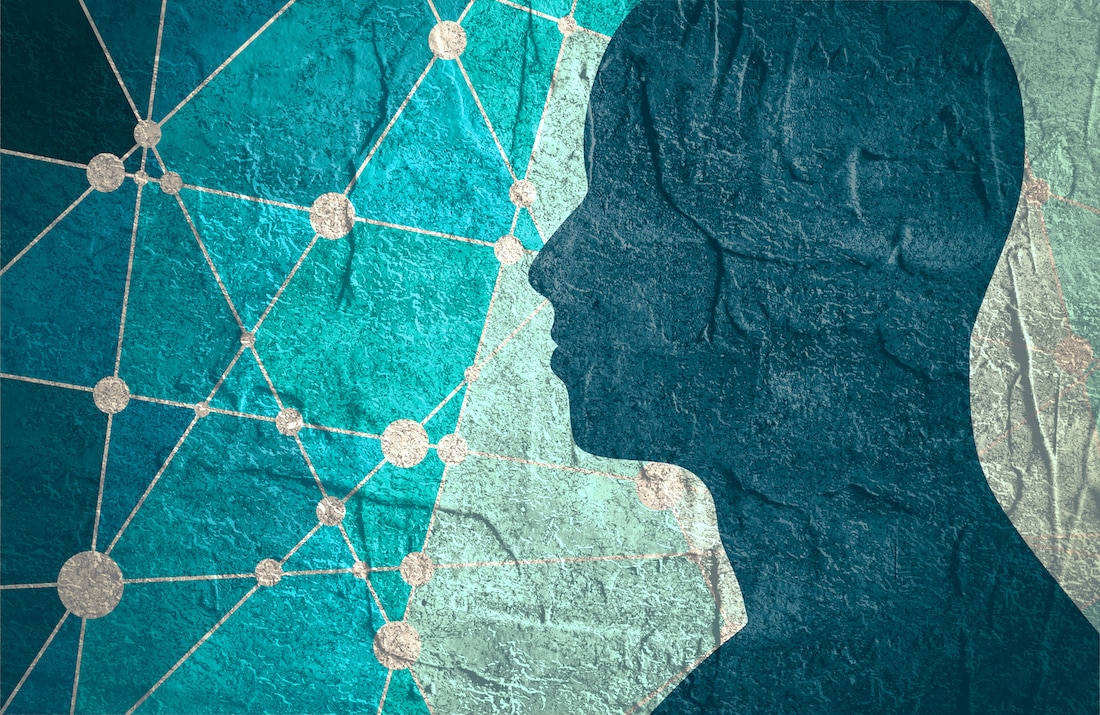Depression is a serious condition. It affects millions yearly, and most research has shown that it impacts almost 3.8% of the world’s population.[1] As such, plenty of ongoing research is done to find effective ways to treat any case of depression. One treatment method is cognitive remediation therapy — a treatment used to make meaningful cognitive improvements for individuals with mental health conditions.
What Is Cognitive Remediation Therapy?
Cognitive remediation therapy (CRT) is a treatment method used to improve your cognition and elements of the brain most impacted by depression and its symptoms. CRT helps to enhance your productivity or your ability to accomplish daily tasks via effective strategies that help the brain. Some of these strategies include:
- Journaling or writing reminders in notebooks to keep up to date on important tasks.
- Breaking down tasks into easy-to-digest steps.
- Practicing attentive or thinking exercises to help you recall important information.
- Setting goals to track progress and customize treatment.
How Does Depression Affect Cognitive Abilities?
Many studies show that depression leads to a decline in cognitive function over its existence.[2] This decline varies by individual, but its effects can be noted in how information is processed, stored, and understood. Results are also noted in various cognitive functions and usually aren’t confined to just one or two changes. These can include memory, verbal and non-verbal communication and learning, alertness, reaction time, and other factors. Because of these factors, a major part of recovery from depression is finding treatment like CRT to support your journey.
The Efficacy of Cognitive Remediation Therapy
Most studies show that cognitive remediation therapy is effective at helping to improve cognitive functioning in individuals.[3] It can help improve certain skills, such as verbal memory, working memory, and attention/processing speed. Doctors are constantly working on researching the condition and understanding the most impactful and effective ways to implement CRT. When implemented effectively, CRT can be a significant part of depression treatment and help you find comfort in your life once more.
How to Find the Right Support System for Cognitive Remediation Therapy
Your primary care physician can help you reach out to a mental health professional that can provide effective recovery therapies, including cognitive remediation therapy. In addition, you can gain additional insight by discussing your condition with therapists and asking them their thoughts on whether this treatment is suitable for your situation.
Additionally, you can pair up with licensed mental health treatment facilities like Lifeskills South Florida. With a collection of therapists all with one goal in mind, you can find success recovering from various conditions and exploring evidence-based treatment methods designed to provide the perfect level of care. For more information, you can fill out our contact form or speak directly to us by calling Lifeskills South Florida at 954-953-1742.
Sources:
[1] https://www.who.int/news-room/fact-sheets/detail/depression
[2] https://www.happyneuronpro.com/en/info/cognitive-therapy-for-depression/




